
Jump to:
- Black Sea Department of State Title VIII Research Fellows
- Black Sea Department of State Title VIII Research Fellowship Alumni
- Black Sea Program Fellowship Alumni
Black Sea Department of State Title VIII Research Fellows
Harry Halem

Harry Halem is a PhD candidate in International Relations at the London School of Economics and Political Science, a Senior Fellow at Yorktown Institute, and a Senior Fellow in Defense at the London-based Policy Exchange. His dissertation focuses on strategic assessment failures and the character of warfare, with a particular emphasis on the Ukraine War. His other research interests include defense-industrial policy, the intellectual history of operational art, and naval strategy. He holds an MA (Hons) in International Relations and Philosophy from the University of St Andrews, and an MSc in Political Theory from the London School of Economics.
Sarkis Karabashian

With a background in government consulting, Sarkis Karabashian brings four years of experience from his time at Deloitte, where he worked closely with clients in the defense sector. Additionally, Sarkis serves as a member of the Disaster Assistance Response Team (DART) for Samaritan's Purse, providing vital humanitarian aid in crisis situations around the world. His professional journey and humanitarian experiences have fueled his passion for American-Armenian issues, leading him to dedicate his time and efforts to strengthening ties between the two nations. Sarkis has actively volunteered with humanitarian organizations and think tanks in Armenia, where he has contributed to various initiatives aimed at promoting dialogue and cooperation. Through his academic pursuits, advocacy work, and humanitarian efforts, Sarkis is committed to advancing understanding and collaboration between the United States and Armenia. He holds a Master of Arts degree from Georgetown University's Security Studies Program.
Omer Niazi
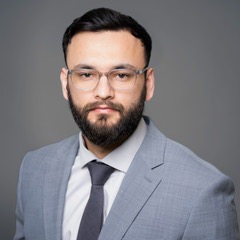
Omer Niazi is the MEI Department of State Black Sea Title VIII Research Fellow at the Middle East Institute. He is also a Policy Fellow at the Fund for Constitutional Government, a Mason Fellow at the Harvard Kennedy School, and a Graduate Researcher at the Harvard Belfer Center for Science and International Affairs. Omer is the Founder and Chair of the Council on International Law, Order, and Security, a U.S.-based policy research think tank. With over eight years of experience in both the public and private sectors, his work primarily focuses on international security, conflict resolution, and good governance.
Omer has previously conducted research with the American Enterprise Institute (AEI), the Institute for the Study of War (ISW), and the Center for International Private Enterprise (CIPE), among others, on matters relevant to international security, conflict resolution, and good governance. He also worked with the U.S. Civilian Research and Development Foundation on initiatives aimed at countering the proliferation of Weapons of Mass Destruction (WMD), with a specific focus on nuclear non-proliferation and chemical security.
He holds a Master’s Degree in Public Administration from the Harvard Kennedy School and a Master’s in Management from UNINETTUNO University. Omer’s views have been published by AEI, ISW, CIPE, The National Interest, and the Belfer Center for Science and International Affairs at the Harvard Kennedy School.
As a Title VIII Black Sea Research Fellow at the Middle East Institute, his research primarily focuses on the balance of power, Russian influence, and U.S. foreign policy in the South Caucasus region.
Dr. Umud Shokri
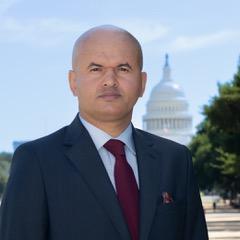
Dr. Umud Shokri is a highly regarded energy strategist and senior foreign policy advisor, bringing over two decades of expertise to his role as a Senior Visiting Fellow at George Mason University. With a Ph.D. in International Relations, Dr. Shokri's broad knowledge encompasses global energy dynamics, climate change, clean energy technologies, energy security, and geopolitics. In his capacity, he actively shapes academic discourse, collaborating with fellow scholars and engaging students to foster innovative research addressing pressing challenges.
Dr. Shokri's strategic acumen is evident in his contributions to policy development, including authoring "US Energy Diplomacy in the Caspian Sea Basin," and engaging with diverse entities across different landscapes. He adeptly navigates legislative terrains, advocating staunchly for environmental sustainability. His dedication to renewable energy and sustainable urban development underscores his cross-cultural competence, enabling successful collaborations and advancing global sustainability objectives. As a Title VIII Black Sea Research Fellow with the Middle East Institute, Dr. Shokri focuses on examining the intricate dynamics of energy transition within the Caspian Sea region, with specialized emphasis on Azerbaijan. This involves a comprehensive analysis of challenges and opportunities in transitioning to sustainable energy practices, showcasing his commitment to transformative change in energy and transport sectors. Moreover, Dr. Shokri is keen on exploring potential cooperation between the United States and Azerbaijan in energy transition and economic diversification initiatives, recognizing the pivotal role of international collaboration in achieving sustainable development goals.
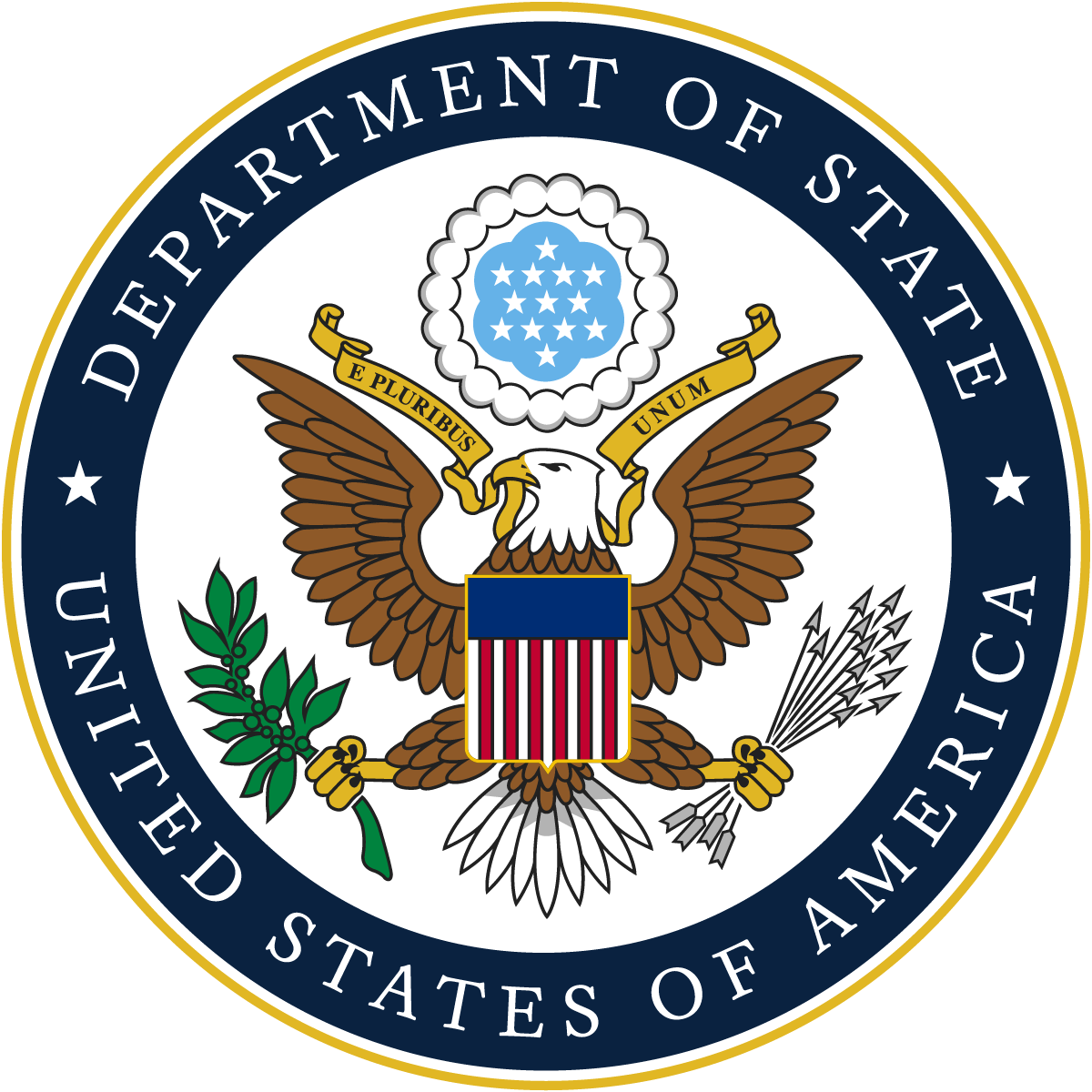
Black Sea Department of State Title VIII Research Fellowship Alumni
Olga R. Chiriac
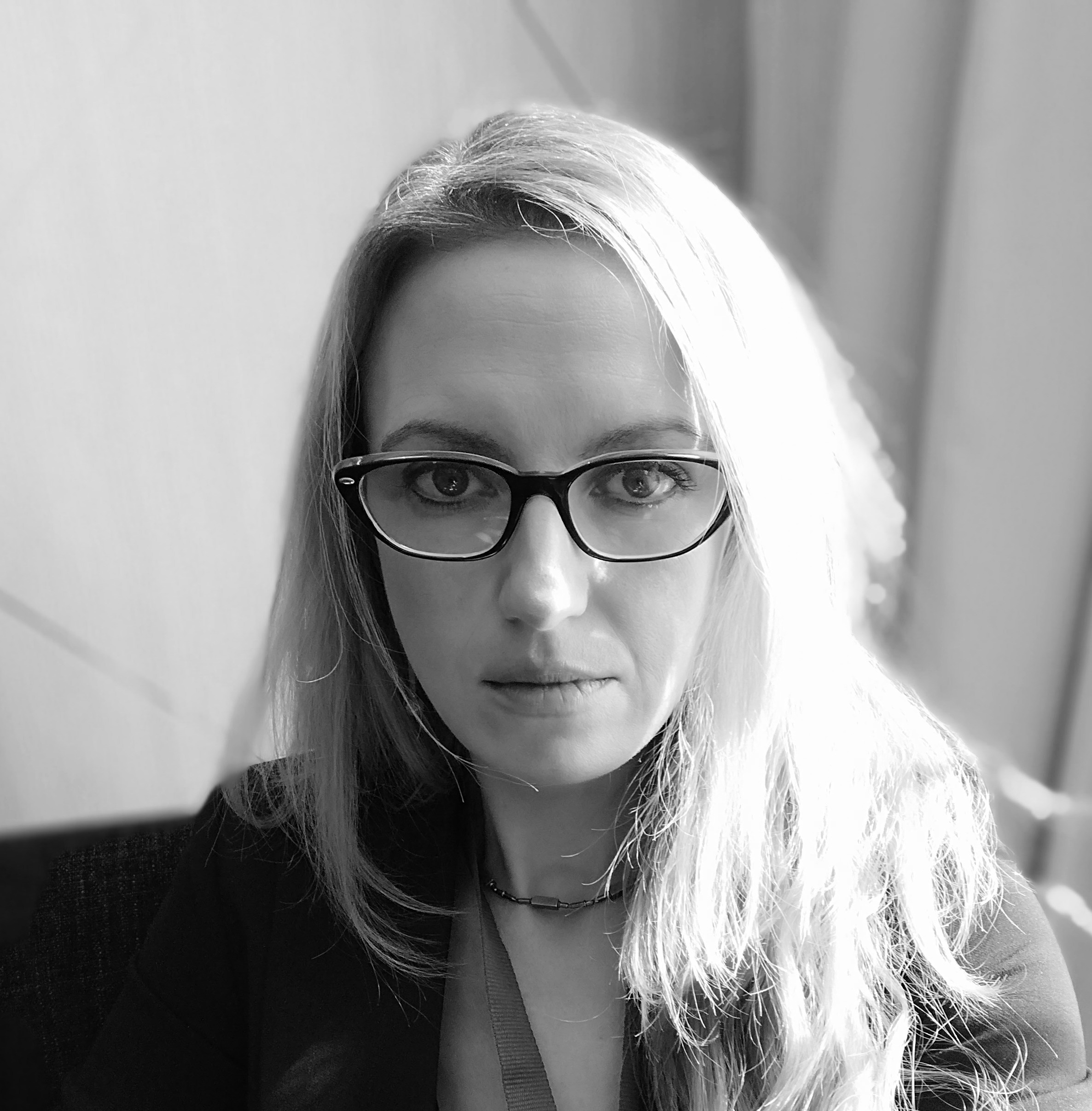
Dr. Olga Chiriac is a researcher and professor of political science. Her work is situated at the intersection of psychology and security studies with a special interest in military applications of cognitive sciences and political warfare. Dr. Chiriac is the Project Europe Head of the Engagement, Irregular Warfare Initiative, MWI, at West Point. She is affiliated as an Associated Researcher with the Joint Special Operations University in Tampa, FL. Prior to this, she worked as an Associated Researcher at the Center for Strategic Studies, Bucharest. Olga holds a PhD in Political Science, an MA in Security Studies & Diplomacy, as well as a BS in Finance from the WP Carey School of Business at Arizona State University. She is an alum of the Arizona Legislative and Government Internship Program.
Elena Cirmizi
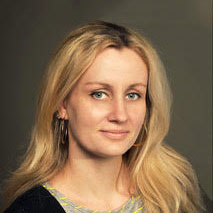
Elena Cirmizi is a Title VIII Black Sea Research Fellow at the Middle East Institute and a Ph.D. candidate at the Carter School for Peace and Conflict Resolution at George Mason University. She holds a Bachelor's in Law from Moldova State University and a Master's in International Legal Studies from Washington College of Law, American University. Elena is a legal and peace scholar with experience working on and leading international research projects in the Black Sea region, Russia, and European Union. Her doctoral studies are centered on the dynamics of ethnic systems and the pivotal role of minorities in Eastern European states.
Lindsey Grutchfield
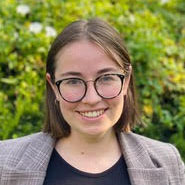
Lindsey Grutchfield is a Title VIII Black Sea Research Fellow at the Middle East Institute and a second year MA student at Indiana University's Robert F. Byrnes Russian and East European Institute, where she focuses primarily on Moldova and on issues of migration, identity, and community. She holds a BA in Journalism from American University, and prior to beginning her graduate studies was a Peace Corps volunteer in Moldova and a Fulbright English Teaching Assistant in Kazakhstan. As a Title VIII Black Sea Research Fellow with the Middle East Institute, she researched community leadership and social resilience factors in Moldova in the context of the war in Ukraine and the international development sector.
Allison Hart
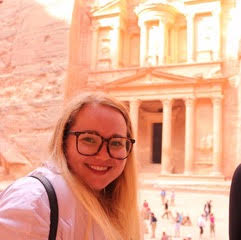
Allison Hart is a graduate student at the American University in Cairo studying Political Science with a specialization in International Relations. While at AUC, she has worked as a teaching assistant in undergraduate courses. She holds a BA in Political Science and a BS in Business Administration from Merrimack College. As a Title VIII Black Sea Fellow with the Middle East Institute, she researched the legacies of the Rose Revolution, how it impacts domestic politics in Georgia today, and the ultimate implications on the greater region. Her other research interests include identity politics, digital disinformation, and polarization. She has lived and worked in the MENA region and has a limited working proficiency in Modern Standard Arabic and a basic understanding of Masri and Shami dialects.
Yekaterina Klepanchuk
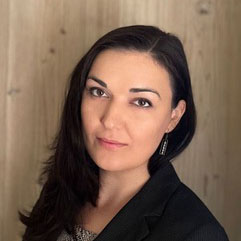
Yekaterina Klepanchuk is a Title VIII Black Sea Research Fellow at the Middle East Institute. Her research examines the defensive posture of NATO’s eastern flank since the Russian invasion of Ukraine in 2022. Prior, Yekaterina held positions at the Institute for the Study of War, the United Nations Institute for Disarmament Research, and the James Martin Center for Nonproliferation Studies. Yekaterina received her master’s degrees from the Middlebury Institute of International Studies at Monterey and from the Moscow State Institute of International Relations, specializing in nonproliferation and terrorism studies and international relations.
Giana Pirolli
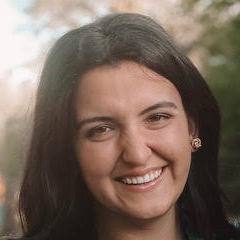
Giana Pirolli is a second year M.A. Security Studies candidate at Georgetown University’s Walsh School of Foreign Service. She is a columnist for the Georgetown Security Studies Review, where she writes on topics related to Defense as well as Europe and Central Asia. Giana received her B.A. in Political Science from Baylor University. Giana previously held internships with the U.S. Department of State in the Office of the Chief of Protocol and the United States Attorney's Office for the District of Columbia. As a Title VIII Black Sea Research Fellow, Giana focuses on Ukraine. Her research is on the Public Perception of Ukrainian Youth on the US, NATO, and Russia. Giana has professional working proficiency in Spanish and elementary proficiency in Japanese.
Eoin Power

Eoin Power is a Title VIII Black Sea Research Fellow at the Middle East Institute and a Ph.D. student in the Department of Government at the University of Texas at Austin. His dissertation focuses on the political economy of defense-industrial policy and maritime security institutions in Europe. His other research interests include international financial regulation and field experiments, with a regional focus on Eastern Europe and the Balkans. Before coming to Texas he worked as a strategy consultant, serving public and private-sector clients in aerospace and defense. He holds a B.A. in political science and philosophy from Middlebury College, and an M.A. in Russian, East European, and Eurasian Studies from the University of Michigan.
Michael van Ginkel

Michael van Ginkel is currently conducting research on maritime security in Georgia as a Black Sea Fellow for the Middle East Institute. The position is funded through the U.S. State Department Title VIII Grant, which is designed to support independent, policy-relevant research abroad. Michael developed his expertise in Black Sea Security as a Senior Visiting Fellow at the Institute for Foreign Affairs and Trade, a Think Visegrad Fellow at the EUROPEUM Institute for European Policy, and an Honorary Fellow for the University of Wisconsin-Madison's Center for Russia, East Asia, and Central Europe. While abroad, he organized security conferences with high-level military and civilian stakeholders, authored maritime security policy briefs, and lectured on pressing international security challenges. Prior to working in Europe, Michael developed his specialization in maritime security while conducting research for the Stable Seas Program. The program advised government agencies and international organizations, including the United Nations office of Drugs and Crime and the International Organization of Migration, on maritime security. His work includes the Maritime Security Index, the Violence at Sea Maritime Terrorism Atlas, and numerous maritime threat assessments, regional reports, and open-editorials.

Black Sea Program Fellowship Alumni
Dimitar Bechev

Dr. Dimitar Bechev is a lecturer at the Oxford School of Global and Area Studies and a visiting scholar at Carnegie Europe. He has published extensively, in both academic and policy format, on EU foreign relations, the politics of Turkey and the Balkans, Russian foreign policy, and energy security. His book Rival Power, published by Yale University Press in 2017, explores Russia’s role in Southeast Europe (Balkans, Greece, Cyprus, and Turkey). He has held research and teaching positions at Oxford and Hitotsubashi University in Tokyo as well as visiting fellowships at Harvard and the London School of Economics. From 2010 to 2014, he was the head of the European Council on Foreign Relations (ECFR) office in Sofia.
Andrei Covatariu
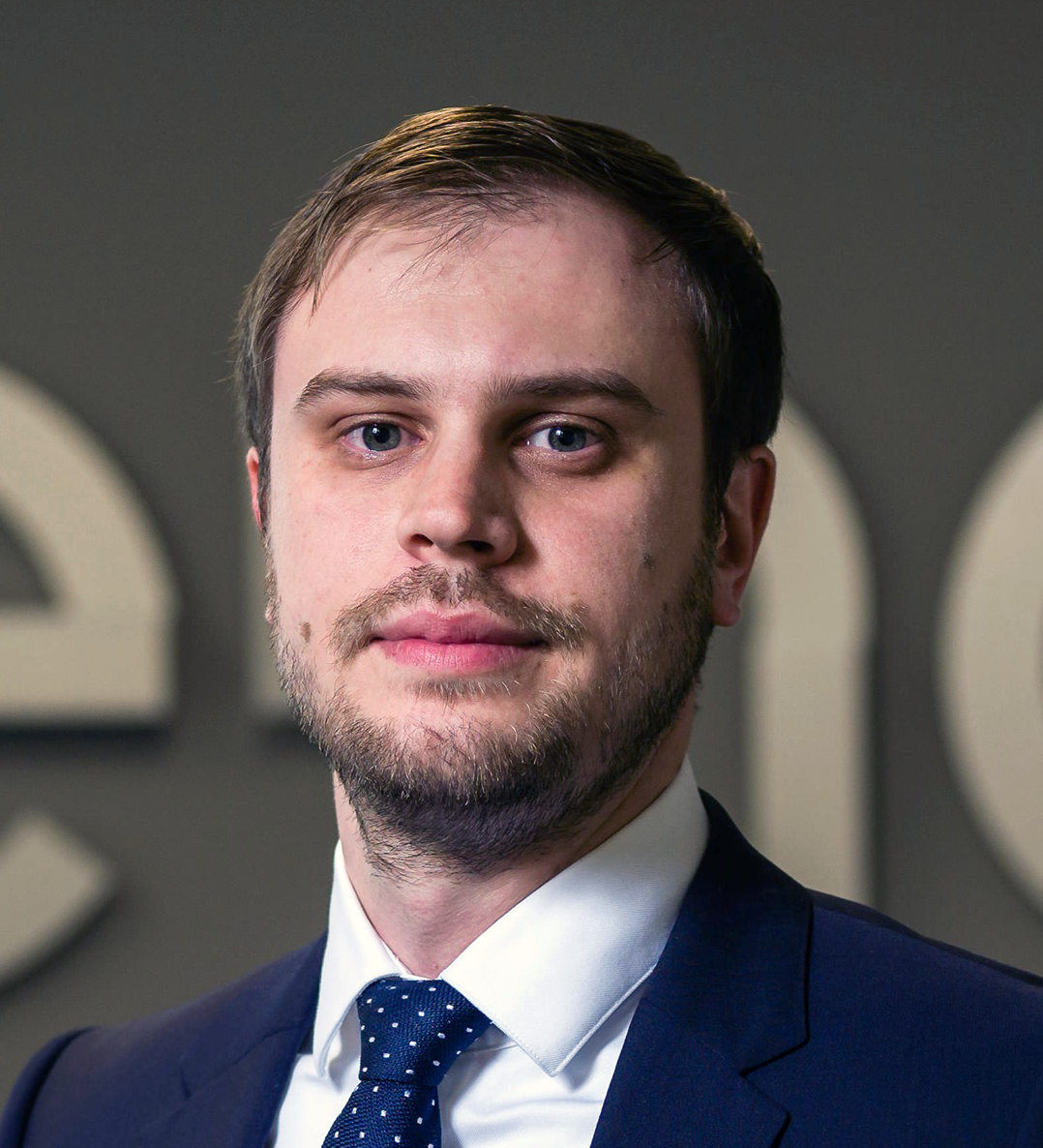
Andrei Covatariu is an international energy and climate change expert and a Non-resident Scholar in the Climate and Water Program at the Middle East Institute. His activity focuses on climate and energy policies, concentrating on the energy transition process and its geopolitical, economic, and social challenges. Andrei’s views and policy analyses are regularly published and cited in international media. Andrei is currently an expert on the Task Force on Digitalization in Energy at the United Nations Economic Commission for Europe (UNECE). He is also a consultant for the Public Power Corporation (PPC) utility company in Greece, acting as a climate policy advisor for the CEO and chairman. In addition, Andrei is a senior research associate at the Energy Policy Group think tank in Romania. In 2021, Andrei co-founded ECERA, a network of sustainability practitioners aiming to produce policy-relevant knowledge, helping governments, companies, NGOs, universities, and others navigate the various facets of sustainability.
Andrei Iovu

Andrei Iovu is a Fellow for MEI's Frontier Europe Initiative, with a focus on the breakaway territories of the Black Sea region. He works as an attorney-at-law and is a member of the Bar Association of the Republic of Moldova. He holds a PhD in Constitutional Law from the Moldova State University and a Master’s from University College of London. Andrei previously worked for the OSCE High Commissioner on National Minorities, UNDP Moldova, and was a researcher at the Institute for Public Policy in the Republic of Moldova. Andrei works closely with government institutions, civil society, and international organizations on matters related to policy development and democratization.
Nona Mamulashvili
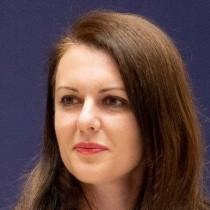
Nona Mamulashvili is a fellow with MEI's Frontier Europe Initiative. She currently leads the Caucasus Economic Policy Institute, a think tank promoting structural change and institutional development through policy research and advocacy in the Caucasus. Nona is the President of the Georgian Swiss Business Association and a Vice President at the Union of Business Women in Georgia. Previously, she worked as the Regional Director for Pfizer covering Caucasus and Central Asian countries. Nona also has extensive experience working in the public sector; she served as the Senior Advisor to the Analytical Group of President of Georgia between 2005-2007, and later as a political analyst at the Ministry of Foreign Affairs of Georgia.
Ekaterine Meiering-Mikadze
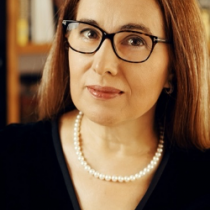
Ekaterine Meiering-Mikadze is a diplomat and development professional who served between 2004 and 2017 in subsequent postings as ambassador of Georgia to Jordan, Lebanon, Iraq as well as the countries of the Gulf Cooperation Council (GCC) Kuwait, Bahrain, Qatar, the United Arab Emirates, Oman and Saudi Arabia, where she was the first ever female ambassador to be accredited. Prior to joining the foreign service, Ekaterine worked in various research institutions and on a range of consulting assignments in Europe and the Middle East. Her work focused on migration issues and societal change, political Islam, Energy, GCC-EU relations, trade and investments, and South Caucasus. Ekaterine studied at Tbilisi State University, the University of Tunis, and the Institut d’Etudes Politiques in Paris, where she graduated with a DEA in political science.
Ayaz Rzayev
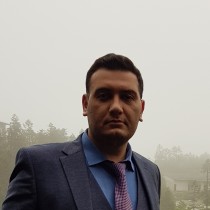
Ayaz Rzayev is a Baku-based researcher covering issues of regional security in the Black Sea and the South Caucasus. Ayaz's main focus is security and military developments across multiple domains, including developments in cyber warfare capabilities of regional stakeholders. His work has appeared in the United Nations University Institute on Comparative Regional Integration Studies, Jamestown Foundation’s Eurasia Daily Monitor, The Diplomat, and elsewhere. Ayaz is also a research fellow at the Topchubashov Center in Baku, Azerbaijan. He received his Master's degree from the University of Bologna (Italy) and his Bachelor's degree from Baku State University (Azerbaijan).
Natia Seskuria

Natia Seskuria is an associate fellow at the Royal United Services Institute (RUSI) and serves at the Office of the National Security Council (NSC) of Georgia. She has a broad experience in policy-making, strategic foresight and provides analysis on international security and defense planning, with a focus on Russia and Eurasia. She is also a Lecturer in Russian Government and Politics. Natia has served at the Ministry of Defense of Georgia and worked for the Foreign Editor of The Sunday Times of London. She researches and publishes on Russia’s defense and security policy and its relations with Georgia. Additionally, Natia worked as an independent researcher and consultant, advising private sector on political, strategic and operational risks.
Maryna Venneri

Maryna Venneri is a Ukrainian freelance writer providing policy analysis and academic research on the Eastern European region with a specific focus on civil war studies. She was previously a fellow with MEI's Frontier Europe Initiative working on Black Sea security. She is a graduate in European and Global Affairs, an activist, and a researcher of the Eastern European region. Previously, Maryna worked as a Program Associate at the Club of Three, a Franco-German-British leadership initiative in London, and as a Human Rights Social Media Trainee at the Ukrainian NGO “Right to Protection,” an executive body of the UNHCR Ukraine.
Rusudan Zabakhidze
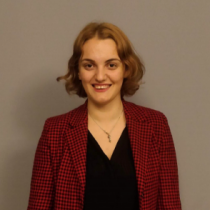
Rusudan Zabakhidze is a research development consultant for Council for European Studies at Columbia University (CES). In this capacity, she coordinates the annual International Conference of Europeanists, CES Digital Hub, and CES Insights webinar series. Previously, Rusudan briefly worked at Open Society Foundation’s Eurasia Program in London, UK. Rusudan has vast experience working with civil-society organizations in Georgia focusing on the issues of democratization, conflict transformation, European Integration, and non-formal education. Rusudan has completed visiting research fellowships at the Embassy of Georgia to Ireland, Council for European Studies, and GLOBSEC - a Bratislava based think tank. Rusudan obtained her MSc in Security, Intelligence and Strategic Studies from the University of Glasgow, Dublin City University, and Charles University in Prague with a specialization in strategic studies. She holds a BA in International Relations from Tbilisi State University. Rusudan has also been an Erasmus exchange student at the Department of European Studies at Comenius University in Bratislava.
Paskal Zhelev
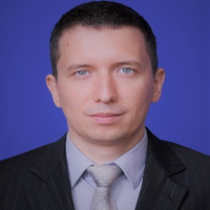
Paskal Zhelev, Ph.D. is an Associate Professor of International Economic Relations at the University of National and World Economy (UNWE) in Sofia, Bulgaria. He has extensive international teaching experience in international political economy, international economics, and global economy. His research interests are in the field of international trade, international competitiveness, industrial policy, foreign direct investment, and regional economic integration. Dr. Zhelev served as Secretary-General for International Cooperation at the UNWE-Sofia (2016-2019). In 2019 he took part in the Top Management Program of the Ministry of Education and Science of Republic of Kazakhstan and was Vice-Rector for International Affairs and Internationalization at the Korkyt Ata Kyzylorda State University. Currently, he is Vice-Dean for Quality Assurance and International Cooperation of the Faculty of International Economics and Politics at the UNWE-Sofia. Dr. Zhelev is a member of the Governing Board of the Union of Economists in Bulgaria and the Management Committee of the Association of Economic Universities of South and Eastern Europe and the Black Sea Region (ASECU).










